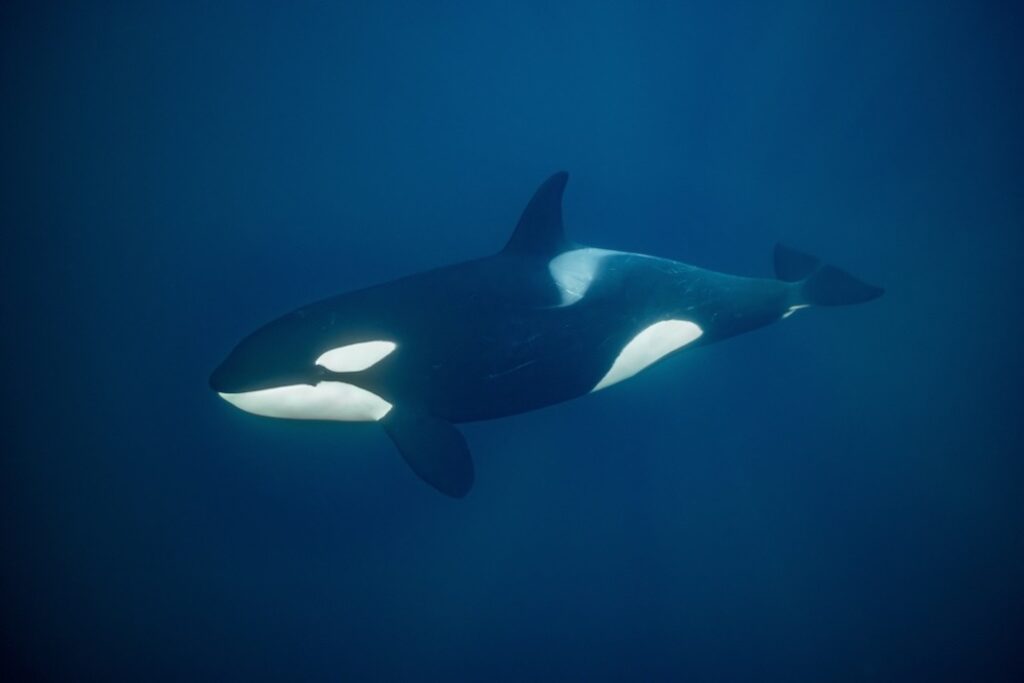By Will Dunham.
April 17 (Reuters) – A fossil jawbone found by a British girl and her father on a beach in Somerset, England belongs to a gigantic marine reptile dating to 202 million years ago that appears to have been among the largest animals ever on Earth.
Researchers said on Wednesday the bone, called a surangular, was from a type of ocean-going reptile called an ichthyosaur. Based on its dimensions compared to the same bone in closely related ichthyosaurs, the researchers estimated that the Triassic Period creature, which they named Ichthyotitan severnensis, was between 72 and 85 feet (22-26 meters) long.
That would make it perhaps the largest-known marine reptile and would rival some of the largest baleen whales alive today. The blue whale, considered the largest animal ever on the planet, can reach about 100 feet (30 meters) long.
Marine reptiles ruled the world’s oceans when dinosaurs dominated the land. Ichthyosaurs, which evolved from terrestrial ancestors and prospered for about 160 million years before disappearing roughly 90 million years ago, came in various sizes and shapes, eating fish, squid relatives and other marine reptiles and giving birth to live young.
Ichthyotitan is known only from two jawbones, the one found by Ruby Reynolds and her father Justin Reynolds in 2020 at Blue Anchor, Somerset, and another from a different Ichthyotitan individual found in 2016, along the Somerset coast at Lilstock.
“It is quite remarkable to think that gigantic, blue whale-sized ichthyosaurs were swimming in the oceans around the time that dinosaurs were walking on land in what is now the UK during the Triassic Period,” said paleontologist Dean Lomax, affiliated with the University of Manchester and University of Bristol, lead author of the study published in the journal PLOS ONE.
read more at reuters.com.

https://www.discovermagazine.com/the-sciences/species-of-ichthyosaur-is-largest-known-marine-reptile-at-80-feet-long
